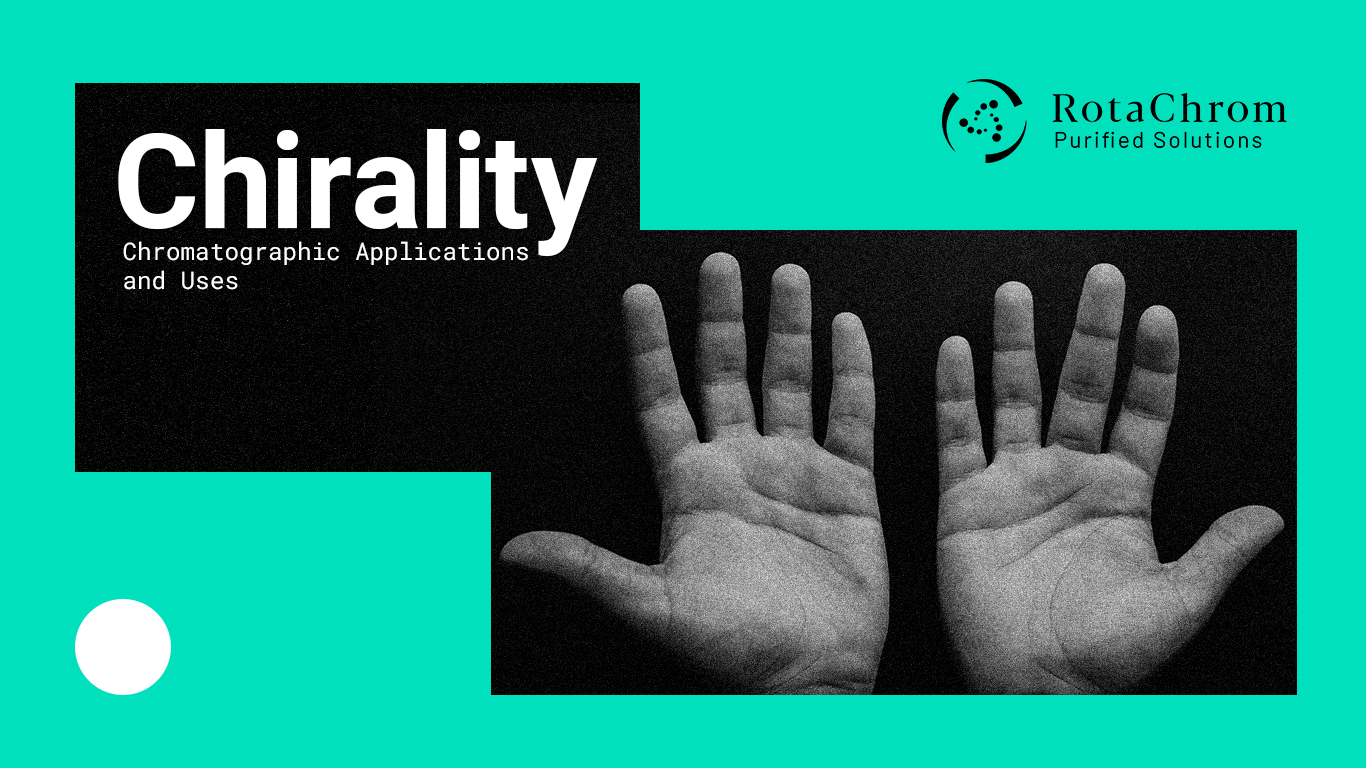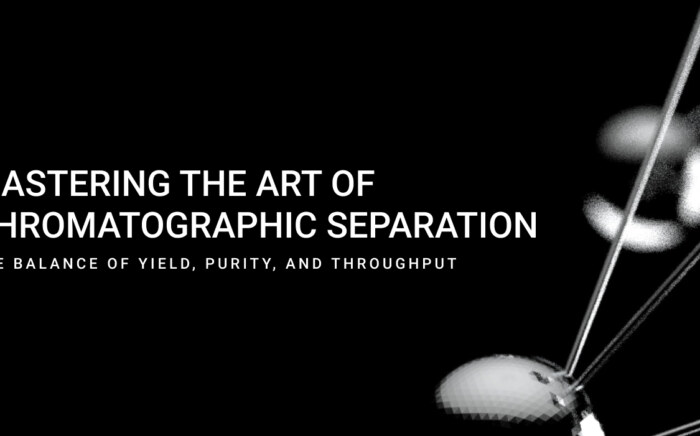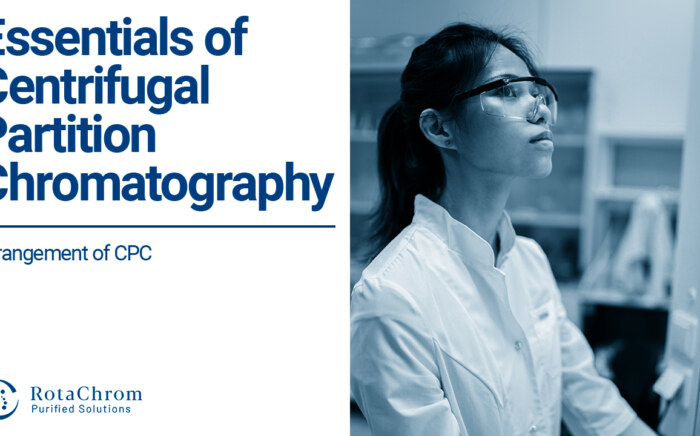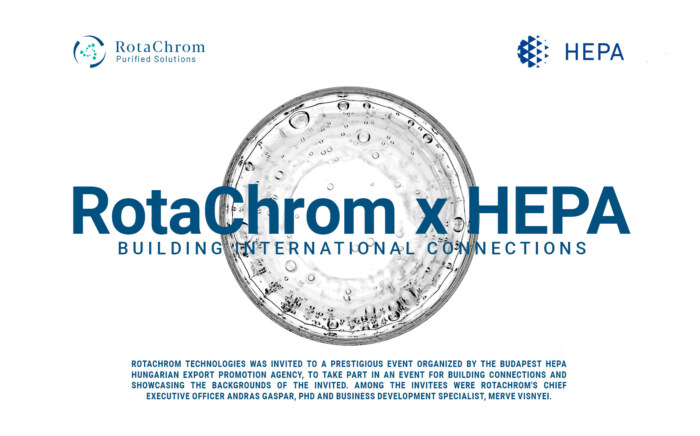Increasing separation efficiency by pH adjustment in Centrifugal Partition Chromatography
NewsChirality refers to the property of some molecules that are not superimposable on their mirror images. These molecules are called “chiral” and are often referred to as “handed” molecules because they are not symmetrical and have a “handedness” like a glove does.
What is chirality?
Chirality and chiral molecules are common in nature and are important in many areas of chemistry, including pharmaceuticals, fragrances, and food additives. For example, the sweetener aspartame and the pain medication ibuprofen are chiral molecules.
One important characteristic of chiral molecules is that they often have different physical and chemical properties depending on which hand they are. For example, the two enantiomers (mirror image isomers) of a chiral molecule might have different melting points, boiling points, solubility, and biological activity. This means that they can be separated and their properties can be studied individually.
Chiral chromatography is a technique used to separate chiral molecules based on their different physical and chemical properties. It is often used in the pharmaceutical industry to purify chiral drugs and in the food and fragrance industries to purify chiral flavors and fragrances.
Chromatographic solutions for chirality
There are several types chromatographic methods to purify chiral molecules including:
- Gas chromatography: This method separates chiral molecules based on their volatility and affinity for a stationary phase.
- Liquid chromatography: This method separates chiral molecules based on their affinity for a stationary phase.
- Capillary electrophoresis: This method separates chiral molecules based on their charge and affinity for a buffer.
- Circular dichroism: This method separates chiral molecules based on their ability to absorb light.
In chiral chromatography, a sample containing a mixture of chiral molecules is applied to a column packed with a chiral stationary phase. The stationary phase is a material that is chemically bonded to a chiral substance such as a sugar or amino acid. As the sample moves through the column, the chiral molecules interact with the stationary phase based on their handedness and are separated from each other.
The separated chiral molecules can then be collected and their properties can be studied individually. This is important because the enantiomers of a chiral molecule can have different biological activity and can potentially have different side effects.
Chiral chromatography is a powerful tool for separating and purifying chiral molecules, but it can be challenging because the chiral stationary phases used in the separation can be expensive and difficult to synthesize. In addition, the separation of chiral molecules can be sensitive to small changes in the mobile phase or the column conditions.
Further Resources
Overall, chirality and chiral chromatography are important in the field of chemistry because they allow us to study and manipulate the properties of chiral molecules, which are common in nature and have many important applications.
RotaChrom has developed a groundbreaking method for preparative purification called IndustrialScale Centrifugal Partition Chromatography. Unlike traditional methods that rely on a solid stationary phase, RotaChrom’s technology uses a different approach to achieve precise molecular separation. The result is a system that is superior in terms of yield and purity, and also reduces costs and simplifies downstream method development for a wide range of purification tasks.
Our technology can be used for a wide range of applications, including the pharmaceutical, food and beverage, natural extract and cosmetic and fragrance industries. RotaChrom’s CPC system has almost no limit on adaptation from small molecule APIs to macromolecules or from hydrophobic lipids to completely hydrophilic peptides on the same instrument.
If you would like to see real life examples of how you can utilize CPC in your purification goals, click here to take a look at RotaChrom’s application library.



